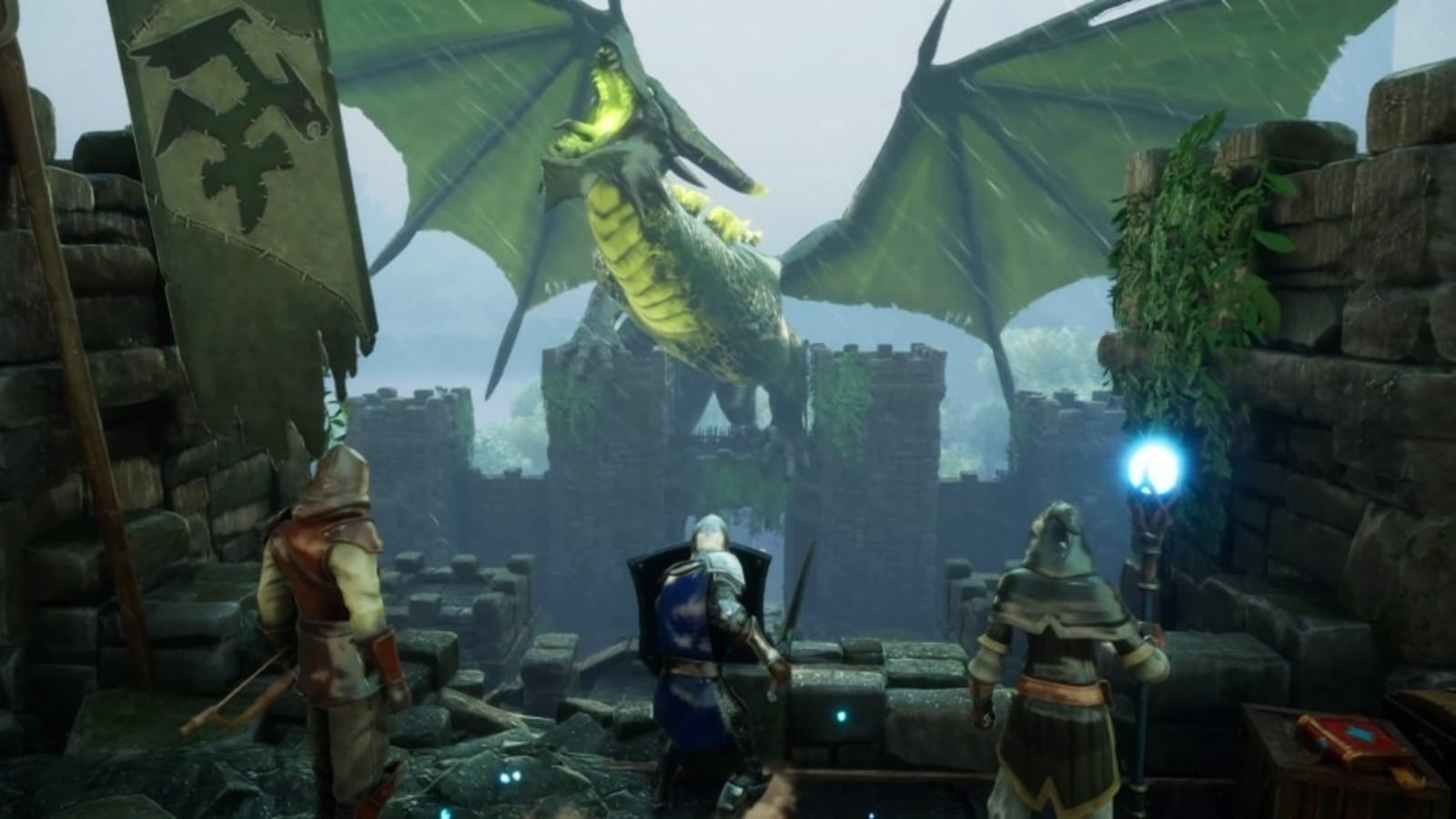Russian forces were wrestling for control of villages in eastern Ukraine near the beleaguered city of Bakhmut over the weekend, the latest flash point in a battle that Moscow views as crucial for its push to seize the whole of the eastern region of Donbas.
Ukraine’s general staff said on Sunday that its soldiers had repelled attacks on the small village of Blahodatne and several other settlements in the area. The statement came a day after Russia’s Wagner group, a private military company that has conducted much of the fighting around Bakhmut on Moscow’s behalf, claimed that its forces had captured Blahodatne.
“Blahodatne is under our control,” Yevgeny Prigozhin, a Russian businessman and the head of the Wagner group, said on Saturday in a statement posted on a website for one of his companies. Russia’s defense ministry has not confirmed the report and the claim could not be independently verified. Mr. Prigozhin has sought to cast his mercenaries as the most effective fighting force in the area and previously has claimed credit for battlefield advances ahead of Kremlin confirmation.
Blahodatne lies between Soledar, a salt-mining town that Russian forces recently captured after weeks of intense fighting, and a road that runs north from the city of Bakhmut. The road serves as a crucial supply line for Ukrainian forces defending the city.
Since the summer, Bakhmut has become a focal point of the fighting in eastern Ukraine and the target of Moscow’s most significant offensive. Moscow aims to encircle Bakhmut, cut off its supply routes and then force the city’s defenders to withdraw. Despite some recent success, Russia’s progress in the campaign, which began over the summer, has been grindingly slow, and both sides have sustained heavy casualties in intense fighting.
But since capturing Soledar this month, Russian forces have stepped up shelling of the villages just west of it, including Blahodatne.
Many civilians have followed a directive from the government in Kyiv to leave Donetsk, which is home to Bakhmut and one of the two regions that make up the Donbas region. Civilians who have stayed remain vulnerable to shelling and artillery attacks, with dozens killed in recent weeks. Pavlo Kyrylenko, the head of Donetsk’s military administration, said on Sunday that five civilians had been killed a day earlier in the region.
Almost a year after Russia began its full-scale invasion of Ukraine, both sides are expected to launch renewed offensives in the coming months, as Kyiv puts to use the heavy weapons sent from the West and Russia deploys the huge numbers of men it drafted last year.
Amid warnings that Russian forces were regrouping for an anticipated spring offensive, Ukraine’s allies pledged new sophisticated weapons for the fight.
Germany and the United States announced last week that they would send battle tanks to Ukraine, a move that came after weeks of tense back-channel negotiations among Western officials. But it may be months before the tanks rumble across the battlefield.
Britain’s defense ministry said on Sunday that the first Ukrainian soldiers had arrived in Britain for training on the Challenger 2 tanks that were promised this month.
In a speech on Saturday, President Volodymyr Zelensky of Ukraine expressed gratitude for the latest vows of military aid but said his country’s allies should still do more.
“Ukraine needs long-range missiles, in particular, to remove this possibility of the occupiers to place their missile launchers somewhere far from the front line and destroy Ukrainian cities with them,” he said in an overnight address.
The city of Kherson, in southern Ukraine, has faced repeated strikes in recent weeks. On Sunday, shelling there killed at least three people and wounded six others, including a nurse, according to the regional military administration.
“Residents of Kherson, go to the nearest shelter or stay at home,” it said in a post on the Telegram messaging app. “In no case stay outside.”
Russian forces have shelled Kherson on a near-daily basis since their retreat from the city in November.
But the Kremlin has set full control of the Donbas, where it has held considerable ground since 2014, as its immediate military objective. To that end it has mobilized tens of thousands of new recruits, though it has failed to achieve sweeping territorial gains in the region in recent months.
The military authorities in Ukraine say that Moscow’s advances in the Donbas region have come at the expense of heavy casualties, not least among the ranks of the Wagner private military company. Some analysts of the conflict say that Wagner’s failure to secure Bakhmut, even after months of fighting, has dimmed its star in some Russian military circles.
The Institute for the Study of War, a think tank based in Washington, said in a report on Saturday that conventional Russian forces were “likely replacing exhausted” Wagner forces “to maintain the offensive in Bakhmut” after the capture of Soledar.
But Russia may be less willing to sustain heavy losses among regular conscripts than among Wagner fighters, the report said. “The Russians’ ability to execute large-scale rapid offensives on multiple axes this winter and spring is thus very questionable,” the report said.

























